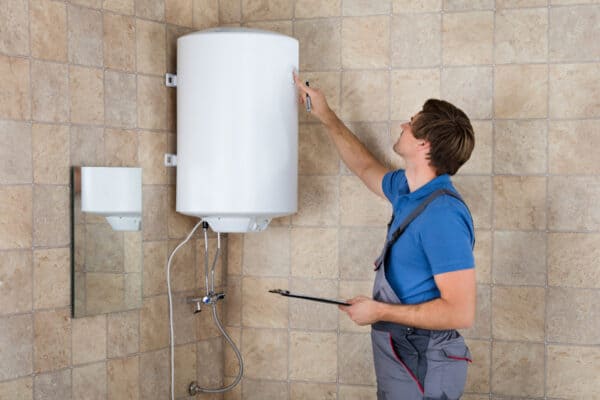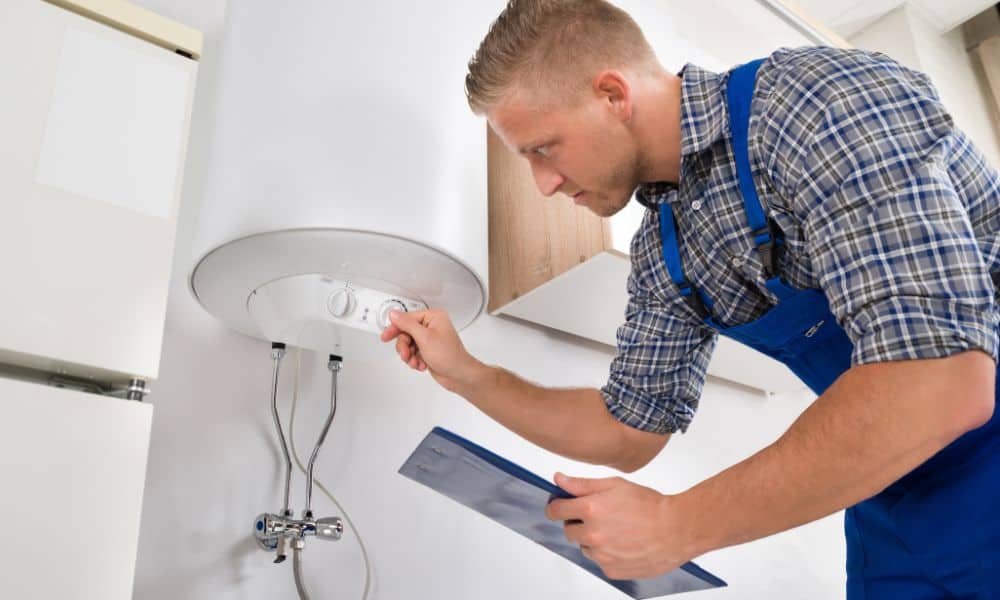Is your water heater not working as well as it used to? Does your hot water take longer to heat or seem to run out faster than before? If so, hard water might be the problem. Many homeowners don’t realize just how much damage hard water can cause, especially to water heaters.
What Is Hard Water?
Hard water contains a high concentration of minerals, mostly calcium and magnesium. While it is safe to drink, it can cause problems for your home’s plumbing and appliances over time.
How Hard Water Affects Your Water Heater
Your water heater is one of the appliances most vulnerable to hard water. Here’s how:
Scale Buildup
When hard water is heated, it leaves behind mineral deposits that stick to the inside of your water heater tank and the heating element. These minerals form a crusty layer known as scale. Over time, scale acts as an insulator, making it harder for the heating element to warm the water. This leads to slower heating and higher energy bills.
Corrosion and Leaks
The constant presence of minerals can also speed up corrosion, especially if your water heater’s anode rod is already worn out. Corrosion can lead to rust, leaks, or even complete tank failure if not addressed in time.
Reduced Efficiency
The harder your water heater has to work to heat water, the more energy it consumes. This not only shortens the lifespan of the unit but also increases your monthly utility costs.
Sediment Buildup
In addition to scale, hard water often leaves behind sediment that settles at the bottom of the tank. This buildup can cause rumbling noises, reduce the amount of hot water available, and strain the system.

Signs Your Water Heater Is Affected
If you notice any of the following, hard water might be to blame:
- Lukewarm or inconsistent hot water
- Rising energy bills
- Strange noises from your water heater
- Water that looks cloudy or has a metallic taste
- Reduced water pressure
What Can You Do About It?
Install a Water Softener
A water softener removes calcium and magnesium from your water supply, helping to prevent scale and sediment buildup in your heater and pipes.
Schedule Regular Maintenance
Flushing your water heater once or twice a year helps remove any mineral or sediment buildup. This simple maintenance step can extend your unit’s lifespan and keep it running efficiently.
Call in a Professional
If you suspect hard water is damaging your system, a licensed plumber can perform a water test and inspect your heater. They can recommend solutions like installing a water softener or performing a thorough tank flush.




